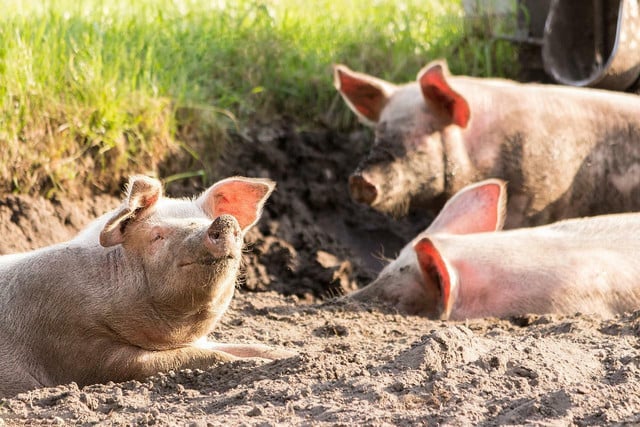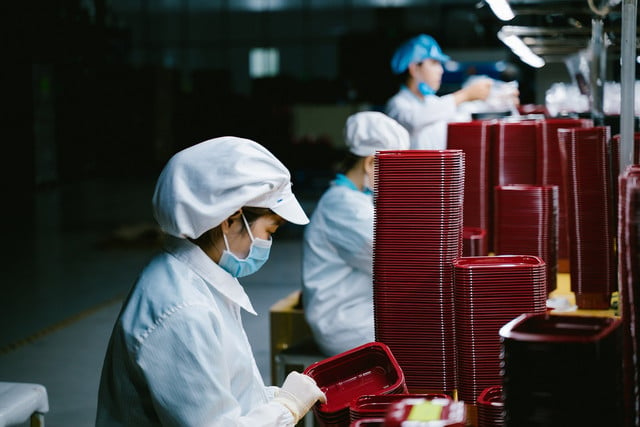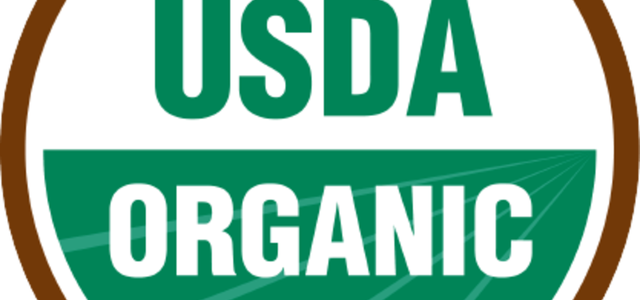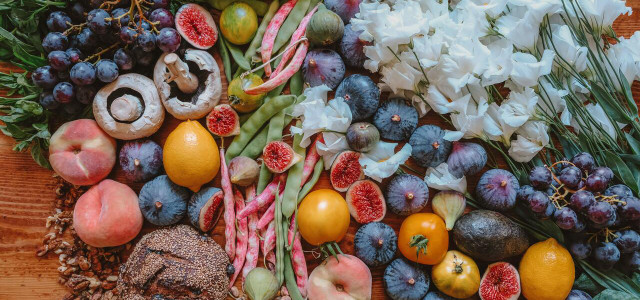What does it mean when products are listed as USDA Certified Organic? Let's take a closer look at the United States Department of Agriculture's organic certification.
Knowing which organic labels you can trust is a meaningful way to live greener. You’ve probably seen the United States Department of Agriculture (USDA) certified organic label on products when you go shopping. But what does “organic” mean, when it comes to the USDA?
Firstly, let’s look at some definitions.
- The USDA is the governmental department of the United States that deals with food, agriculture, natural resources, rural development, nutrition and related issues.
- Organic refers to anything derived from biological material. Regarding food, it suggests that the item has been grown or produced without using artificial pesticides, chemicals or fertilizers and is not genetically modified in any way.
What Are the Criteria for the USDA Certified Organic Seal?
Since beginning the program in 1990, the National Organic Program has been the awarding body for the USDA Organic Seal. The criteria products must follow to be allowed to use the seal on their packaging predominantly involve:
- Soil quality
- Animal raising practices
- Pest and weed control
For example, if synthetic fertilizers, chemicals for pest control or genetic engineering are used to grow or process the product, the product won’t be awarded the seal.
However, this is where things get a little complicated. There are four distinct categories for the USDA organic label.
To be awarded the seal:
1. 100 percent organic: Products must have 100 percent certified organic ingredients.
2. Organic: The product is at least 95 percent organic. The non-organic ingredients must be included in the National List of Allowed and Prohibited Substances.
Still organic by some definitions, but not entitled to the seal:
3. “Made with” organic ingredients: A minimum of 70 percent of the product must be made from certified organic ingredients. The remaining ingredients must be produced without using prohibited practices such as genetic engineering. However, the product cannot feature the official seal nor be represented as organic.
4. Specific organic ingredients: These products have more than one ingredient that falls under 70 percent USDA-certified organic content. These also can’t display the official seal.
How Useful Is the USDA Certified Organic Seal for Guaranteeing Animal Welfare?



(Foto: CC0 / Pixabay / Lichtsammler)
USDA Organic regulations require that animals raised for food are done so in living conditions that accommodate their natural behaviors. This includes being able to graze on a pasture with organic soil (soil free of artificial chemicals or fertilizers for three years or more), as opposed to being fed in a factory stall with no place to move, as we see in factory farming. For their meat to qualify as USDA-certified organic, the animals must also be fed 100 percent organic feed without antibiotics or hormones.
What About Food Handling and Packaging?



(Foto: CC0 / Pixabay / Quanlecntt2004)
The meat or dairy product must be processed without artificial colors, flavors or preservatives. Furthermore, it must be packaged before it comes into contact with any prohibited nonorganic substances. A USDA Organic Certifier must inspect the handling facility to ensure a product’s organic credibility.
How Sustainable Is USDA-Certified Organic Produce?



(Foto: CC0 / Pixabay / Pexels)
Organic farming is generally considered the more sustainable way of farming food. Firstly, pesticides are literally developed to kill wildlife, which necessarily imbalances natural biodiversity. Secondly, organic farming allows for a wider variety of plants than the conventional method. This is better for the soil and biodiversity in general.
Chemicals used in conventional farming bleed into the soil and bodies of water, impacting the environment further. Soil erosion and water redistribution also affect the environment around traditional farms. The USDA Certified Organic accreditation helps protect against this.
Advantages and Criticism
The USDA-certified organic label has been called useless by some, who claim that “the label confers a valuable stamp of approval on products made with government-sanctioned processes and procedures that are in no way related to safety, nutrition or quality.” According to then–Secretary of Agriculture Dan Glickman, the label is simply a marketing tool. This criticism is largely derived from the belief that the USDA does not need to provide customers and regulatory authorities evidence proving those claims — as the FDA does.
However, whether you trust the USDAto distribute this label fairly or not, the USDA itself doesn’t stand to gain financially from USDA-certified organic product sales; producers and suppliers do. So, denouncing the seal as strictly a marketing tool doesn’t seem entirely fair. In fact, as of August 2022, the USDA pledged $300 million to help farms and producers transition to organic as part of the New Organic Transition Initiative.
Another criticism squared at the USDA-certified organic label revolves around animal welfare. According to one recent op-ed, the USDA refuses to implement the National Organic Standards Board’s animal welfare standards on poultry. The measures would require “animal welfare improvements from the five massive organic egg farms that provide the worst hen welfare.”
Likewise, a recent audit “found that certifying agents were interpreting USDA organic regulations differently… some allow[ing] organic herds to continue to be transitioned and producers to add [presumably non-organic] cattle to organic herds… because the regulations are not clear in defining herds of organic cattle and need to be made more specific.”
However, as of August 2022, the USDA moved to revoke a Trump-era withdrawal from the Organic Livestock and Poultry rule. They “confirmed [their] stance that ‘organic’ does mean consistently protecting animal welfare,” said Amy van Saun, senior attorney with the Center for Food Safety. The move will “amend the organic livestock and poultry production requirements by adding new provisions for livestock handling and transport for slaughter and avian living conditions.”
Final Thoughts
At Utopia, we think it’s important to look into criticisms of labels, governing bodies and any other issuing authority that makes recommendations about what we should or shouldn’t buy. We also take the safety of animals and the environment very seriously.
When weighing up the advantages and criticisms of the USDA-certified organic label, we acknowledge that while the label could do more, its overall benefits — not to mention positive recent developments — far outweigh the reported critiques. No label is perfect or able to cover all aspects of an enormous and complicated industry like farming and food production. No accreditation can be correctly applied 100 percent of the time, particularly in a country the size of the US.
The standards set by the USDA-certified organic label — fewer harmful chemicals, less suffering for livestock and better quality of our soil — are worth aspiring to adhere to. Our recommendation is to buy products with the USDA-certified organic seal where possible. Even better: buy items with the seal and reduce your consumption of animal products.
Read more:
- The 8 Best Organic Clothing Brands for Kids
- Organic Diapers: The Most Natural and Sustainable Brands
- How to Make Homemade Weed Killer from Organic Ingredients
Do you like this post?








